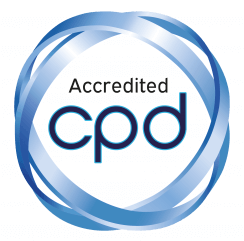Physician-Patient Alliance for Health & Safety
CPD Standards Office Provider Number: 22061
Send an enquiry to this training provider


Category: Health & Safety, Healthcare & Pharmaceuticals, Medical
Description:
PPAHS is a national advocacy force for addressing patient health and safety priorities that are shared by patients, physicians, regulators and industry. By doing so, we seek to ensure that the best medications, medical invention and technology that can improve care and reduce cost are employed. PPAHS works to advance patient health and safety by developing and highlighting best practices and recommendations through better use and application of clinical practices and experiences, information technologies and checklists, and healthcare information. As a voice in support of ideas and innovation that can improve care, we encourage a health ecosystem that fosters a culture of patient safety.
Accredited Activities:
Who Should Attend:
Clinicians, hospital executives, and risk managers.
